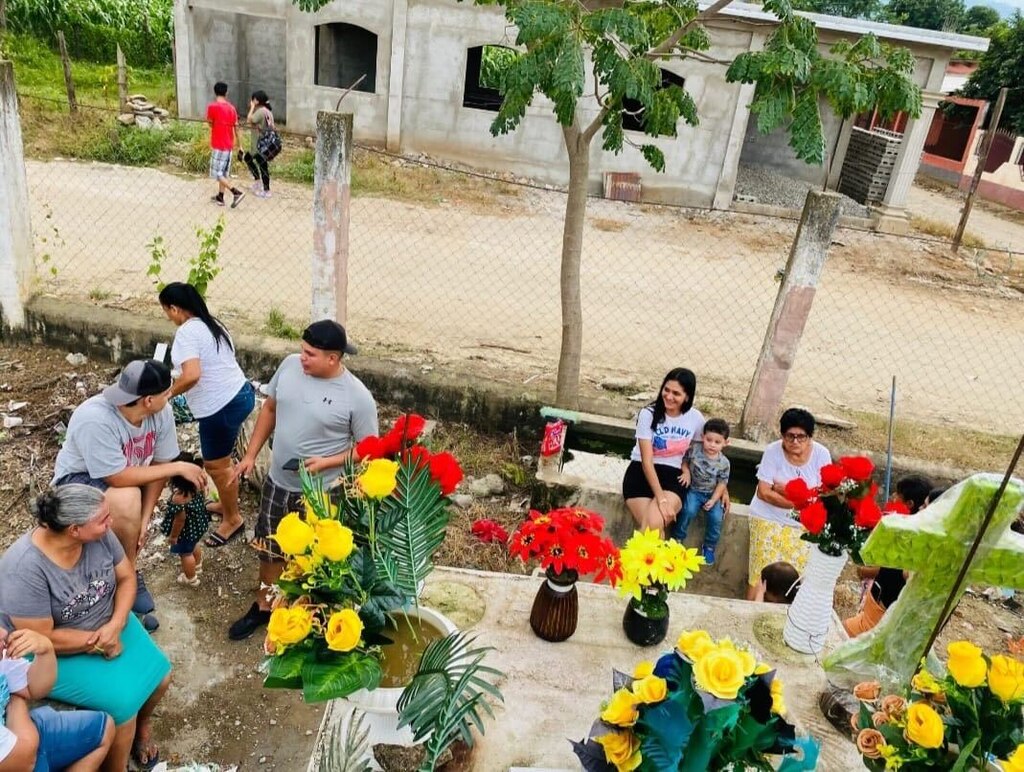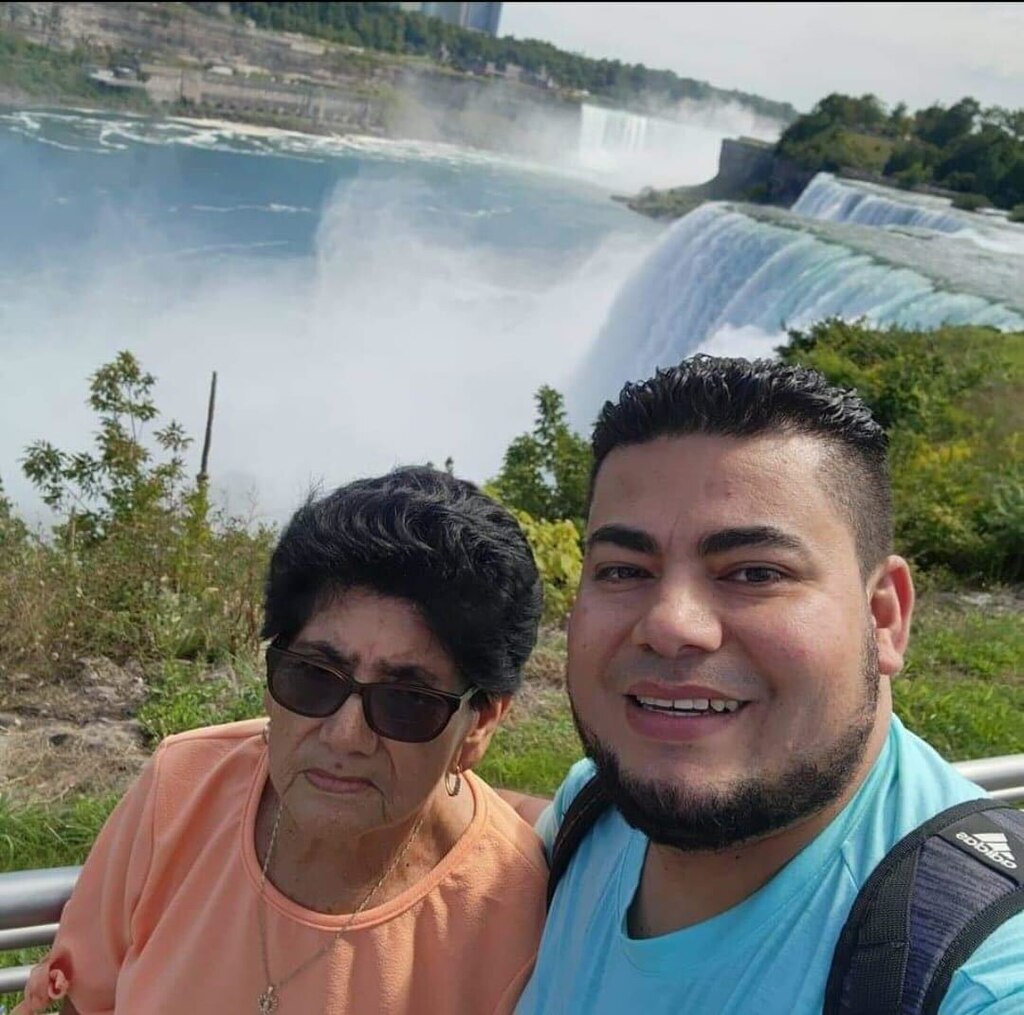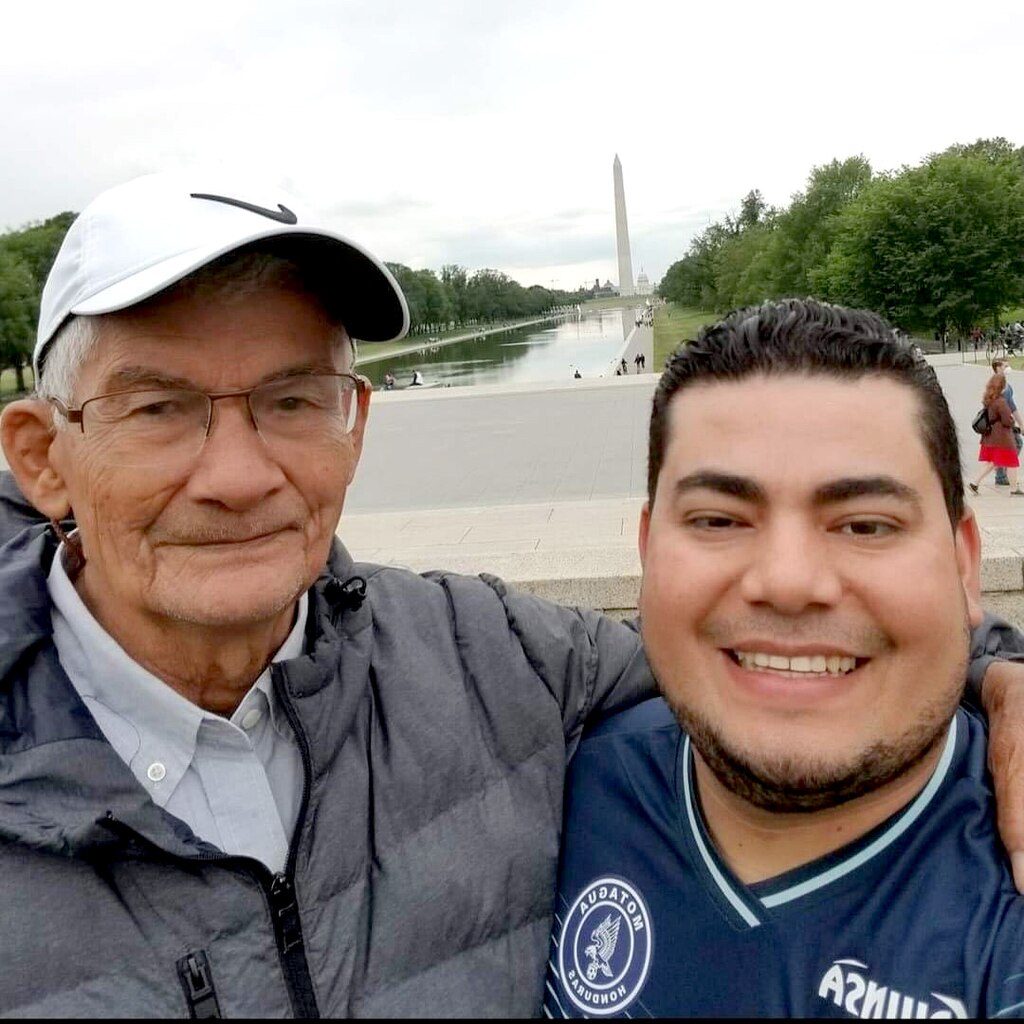José Martins had heard about his mother’s travels from Honduras to Baltimore, how much she disliked flying over the Caribbean sea, the anxiety she felt — and how that all dissipated when she saw Maynor in the airport terminal. José expected Maynor, his youngest brother, to pick him up at the airport one day, too.
But José's first trip to the United States, last April, was to see his brother’s body. Maynor Yassir Suazo Sandoval, 38, was one of six construction workers killed in the March 26 Key Bridge collapse.
Six months have passed since José’s unexpected journey. There has been no peace, only torment, he said. For the foreign relatives of the men killed in the bridge collapse, watching the tragedy and its aftermath from afar has been heart-wrenching.
Local community advocates, county, state and federal officials helped ease the pain by expediting the process to enter the country for emergencies. They’re committed to staying in touch as some of those relatives pursue legal action against the owner and manager of the Dali, which caused the Key Bridge to topple when it lost power and crashed into a support pier.
After the bridge fell, the immigrant advocacy group CASA and Esperanza Center, a program of Catholic Charities of Baltimore, sprang into action, helping at least 34 family members who live overseas secure permission to travel to the U.S. and book their flights.
Those organizations and others, including Church of Nativity and Baltimore Civic Fund, covered costs for travel, accommodations and repatriation of remains, said Mark Cheshire, a spokesman for Catholic Charities.
Some of the relatives hadn’t been issued visitor visas, and it can take months to schedule an appointment with the U.S. Consulate to get that process going. Other family members already in the U.S. wanted to return to their home countries for burials, but their undocumented status or pending Green Card application prevented them from leaving.
“We did things we did not know were possible,” said Ama Frimpong-Houser, CASA’s legal director.
Frimpong-Houser said CASA continues to work with family members who want to return to Baltimore to support each other through the healing process.
Mobilizing to help
On the day of the collapse, Giuliana Valencia-Banks, the immigrant affairs coordinator in Baltimore County, called the Rev. Ako Walker. She thought a member of the clergy could offer some comfort to families as they waited for news. She and Walker were there when, within the first day, the search became a recovery effort.
Tom Perez, the senior advisor for the White House, soon joined them. He was there under President Joe Biden’s directive to help the families.
“The most important thing in this moment there was something they couldn’t control, and that was they lost their loved one to an unspeakable and preventable tragedy,” Perez said. “And what we did want to be able to have them control is how they said goodbye, and where they say goodbye.”
Walker told families he could run local church services and memorials for their loved ones. Valencia-Banks began an informal intake of those the families wanted by their side.

As Frimpong-Houser and her CASA team handled securing permission for the families to travel, Yaneth Talon, a supervisor case manager at Esperanza Center, called airlines to book flights for families in Honduras, El Salvador, Mexico and Guatemala.
Some had never left their home country before, Talon said, or been on an airplane. Many hadn’t seen their family in the United States for years.
They called her crying, Talon said, asking her for answers she didn’t have. She arranged flights and accommodations.
Once everything was set, she called families with flight details and walked them through airport procedures and baggage rules. She did the check-in the day they were supposed to travel. And when some flights got delayed, families called her in the middle of the night.
U.S. entry paperwork was processed. Bodies were found in the wreckage. Services were scheduled. Timing, Talon said, was everything.
“We showed to the community and to the families that we are here for them,” she said.
Maynor’s story
Maynor moved to Baltimore more than two decades ago, when he was barely an adult. Despite being the youngest of eight siblings, he wanted to help his family, particularly his mother and father, relatives said.
All of the brothers moved from their hometown of Azacualpa due to extreme poverty, José said. But Maynor was the first to try his luck abroad.
After the bridge collapse, five of Maynor’s siblings traveled to Baltimore with their mother, who was in no condition to be alone, José said. She was often fainting and had to be hospitalized in Baltimore during one of the services for Maynor.

José found solace in seeing his brother Carlos, who moved to Baltimore after Maynor. A sister moved to Baltimore in 2019.
Carlos had been in a boat, searching for for Maynor among the debris. He’d been the one to identify his body.
José met some of his late brother’s friends. Gov. Wes Moore attended one of the services, too, a memorial Father Walker held at a church.
Back in Honduras, children cried at Maynor’s funeral. His casket traveled across Azacualpa. Players in the soccer league he helped sponsor somberly walked along in their jerseys. Maynor had often told José that it was important to nurture children.
He was buried in the same plot with his father, who died last year. The family was still processing that loss.

Maynor had been a pillar. He had worked two jobs at a time, enough to send money to his family and help his cousins attend school.
The few times he didn’t send money was to assist someone else, José said, including once when he helped a friend undergoing cancer treatment.
Maynor’s sisters live near the grave and tend to it every week, making sure it has fresh flowers. His mother goes there almost every weekend.
José crosses the country to visit his brother as much as he can.



Comments
Welcome to The Banner's subscriber-only commenting community. Please review our community guidelines.